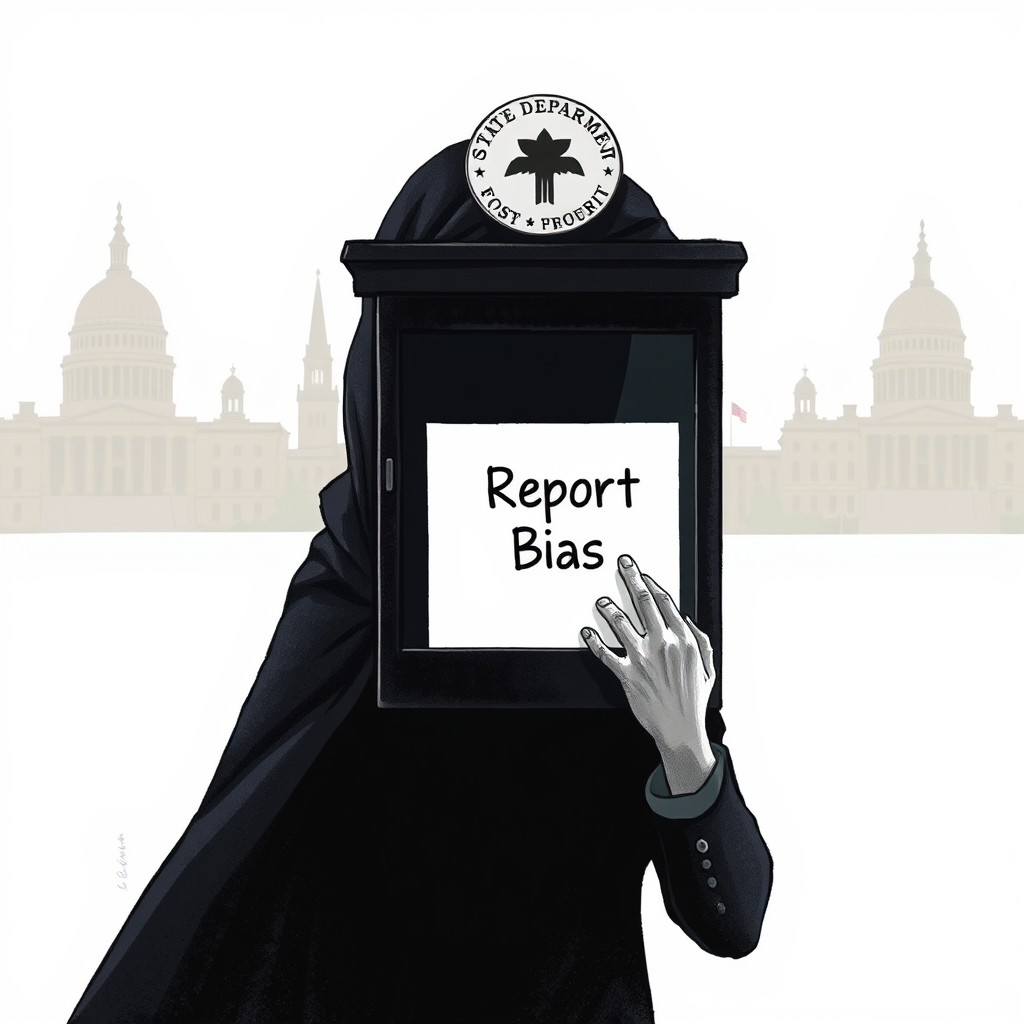State Dept. Asks Staff to Report “Bias”

The State Department is directing employees to report instances of perceived “anti-Christian bias” within the department, a move stemming from a recent executive order aimed at bolstering support for Christian federal employees. Politico first reported the internal directive, which has sparked both support and significant concern within the department and from outside advocacy groups.
Issued in February, the executive order tasks federal agencies with identifying and addressing “anti-Christian bias” in government. The State Department is responding by establishing a task force, scheduled to meet around April 22, to collect information regarding alleged bias, particularly during the previous administration. Employees are being encouraged to submit anonymous reports detailing incidents, including names, dates, and locations.
The directive, circulated to embassies globally under the name of Secretary of State Marco Rubio, establishes a formal reporting mechanism allowing employees to submit tips via an online form. While the focus is on anti-Christian bias, the department states it will also collect data on anti-religious bias in all forms for internal review.
However, the initiative is drawing criticism. Some State Department officials have privately expressed concerns, describing the effort as fostering a potentially fearful environment and resembling the dystopian themes of Margaret Atwood’s “The Handmaid’s Tale.” Critics argue the directive assumes the existence of widespread anti-Christian bias within the department without sufficient evidence. They also point out that targeting individuals based on religious belief is itself discriminatory, violating constitutional principles and federal law.
The Interfaith Alliance, a progressive religious freedom organization, has strongly condemned the executive order. They fear the initiative, while ostensibly aimed at addressing perceived stigma against Christians, particularly Catholics, will ultimately be used to justify discrimination against marginalized groups, including the LGBTQ+ community.
This move reflects a broader debate about religious freedom and potential discrimination within the federal government. While proponents argue it’s a necessary step to protect the rights of Christian employees, opponents worry it will exacerbate divisions and undermine principles of inclusivity and equal treatment under the law. The long-term impact of this directive remains to be seen, but it has already ignited a contentious discussion about the role of religion in government and the balance between protecting religious freedom and preventing discrimination.